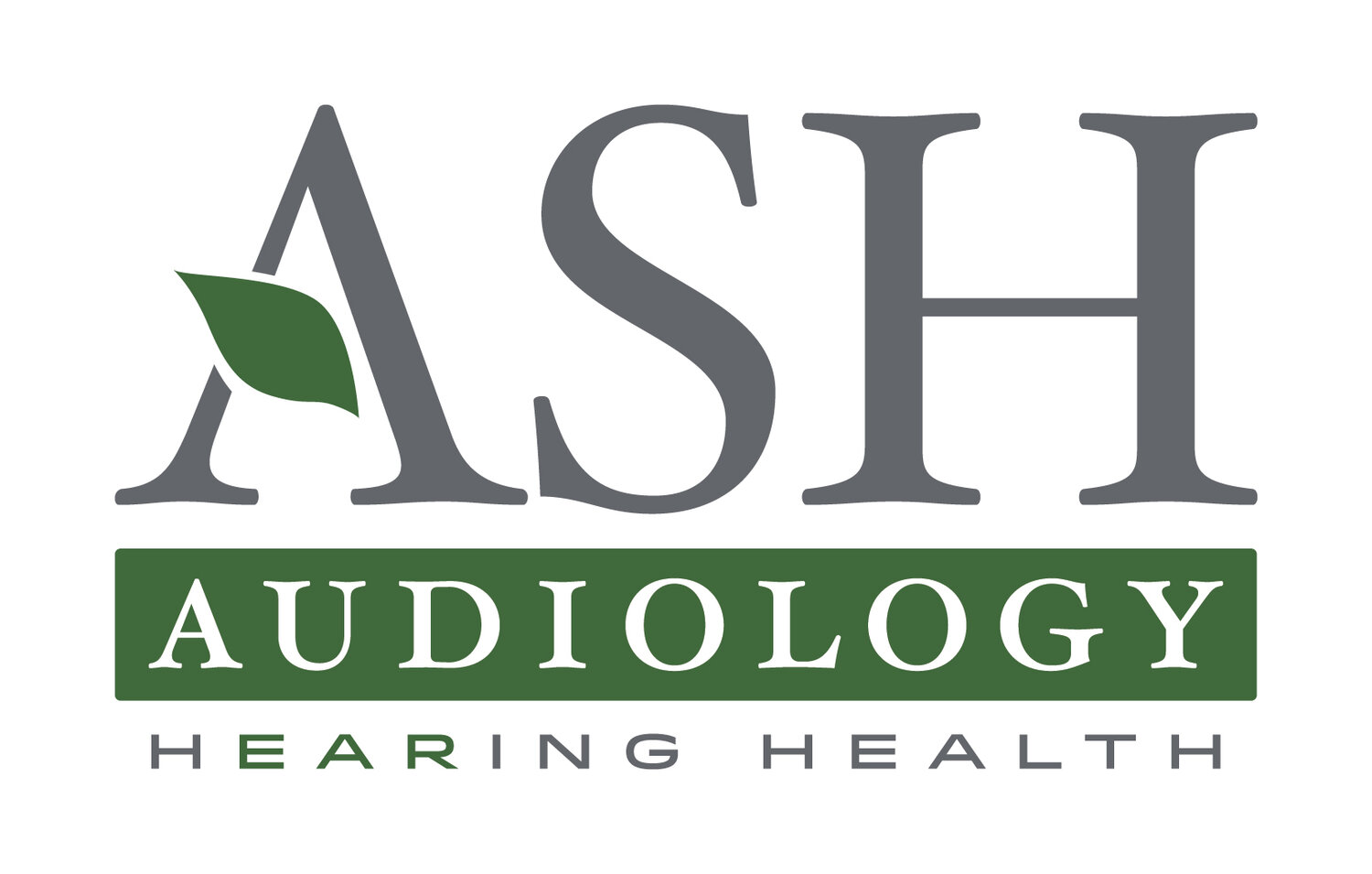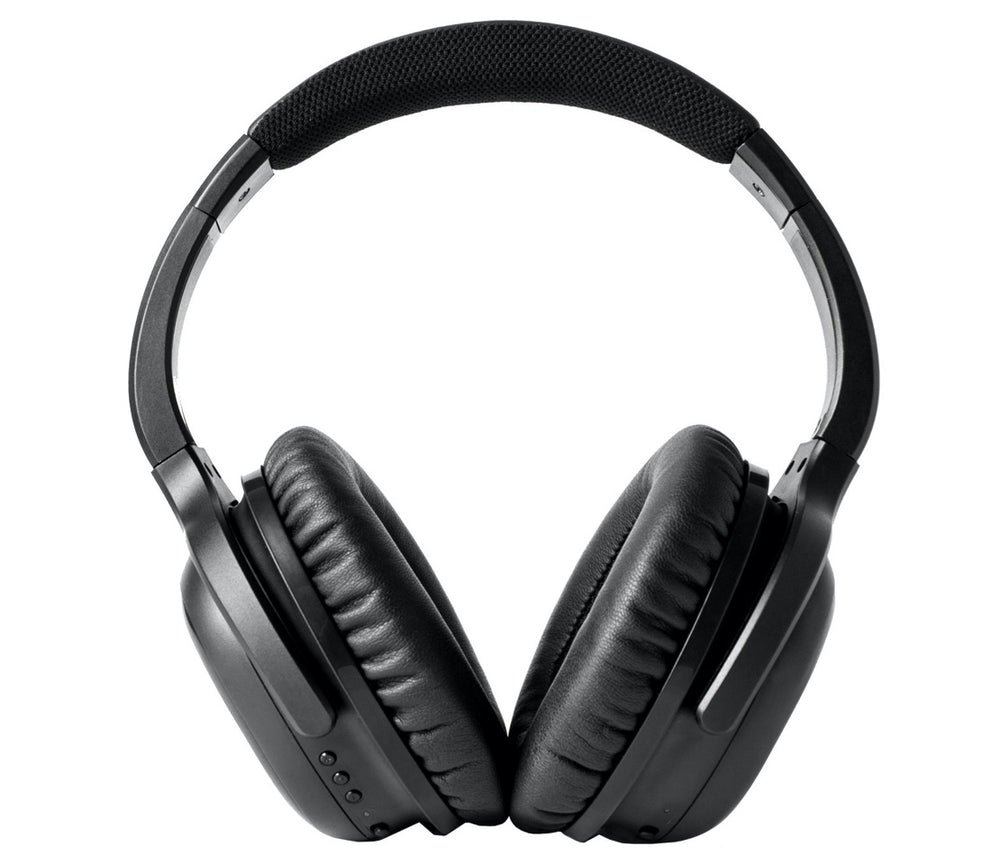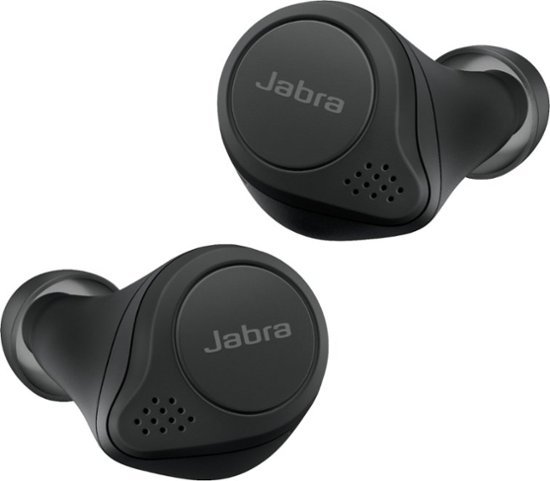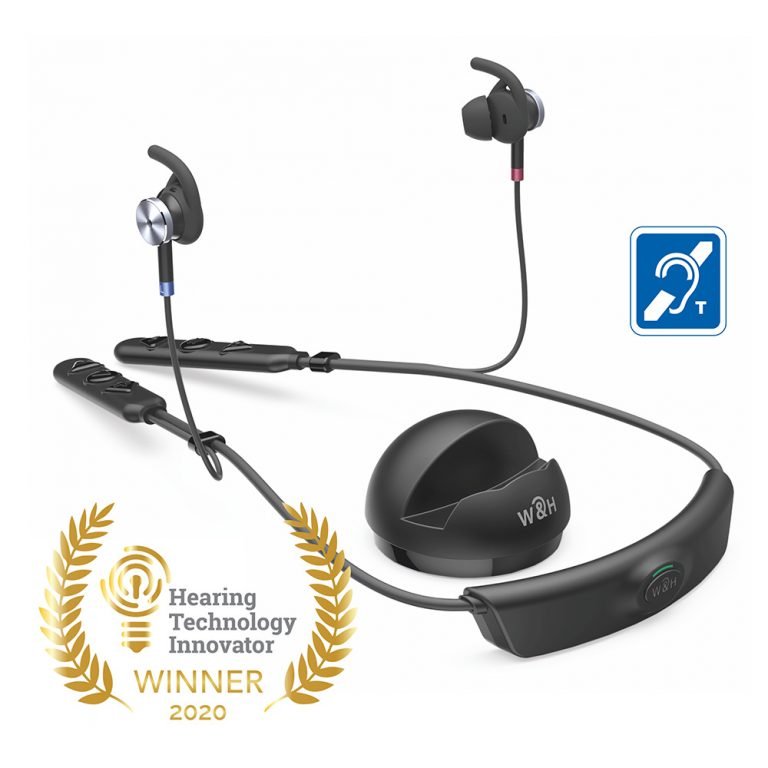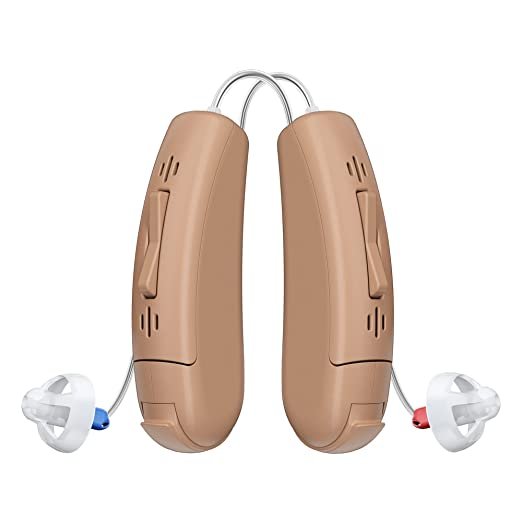OTC Hearing Aids
The OTC hearing aid process started way back in 2009 at an NIH conference looking into how to improve the access and affordability of hearing aids. A few years later there were a series of meetings and workshops that picked up on this topic and each group began to issue recommendations. One early group was the PCAST (President’s Council of Advisors on Science and Technology). Then in 2015 and 2016 the meetings ramped up, with workshops being held by the FDA, FTC (Federal Trade Commission), and the National Academy of Science, Engineering and Medicine (NASEM; formerly the Institute of Medicine). The NASEM issued a final set of 12 recommendations of which two were critical in the development of what would become the OTC class of hearing aids. First, remove the requirement for physician clearance, and second, implement a new device category of over-the-counter wearable devices. These recommendations led to the introduction of the over-the-counter hearing aid act by Senators Grassley and Warren in 2016. It was passed and signed into law in 2017.
OTC devices are any air-conduction hearing aid for mild-to-moderate hearing loss that includes “tools, tests, or software” to allow the user to “control or customize” the hearing aid and is available without the intervention of a licensed person. What we commonly have called hearing aids, those only sold by a licensed professional, are now referred to as “prescription” hearing aids in the FDA document. The regulations establish that individuals with self-perceived mild-to-moderate hearing loss and who are over 18 years of age would be able to purchase OTC devices.
Are there any negative outcomes expected?
Yes, since the involvement of hearing professionals is eliminated, you may improperly treat your hearing loss or purchase a device that does not provide benefit, that you have trouble operating, and/or cannot be returned. Consider all the patients who have considerable trouble putting hearing aids into their ears, even with the help of a professional. Also, the “one-size” OTC device category that does not require pre-market clearance by the FDA may open the door to unscrupulous companies selling lower-quality devices.
5 Differences Between OTC and Prescription Hearing Aids
Who they’re intended for
OTC: Intended for those over 18 who have a perceived mild-moderate HL, who are tech savvy, who have no medical red flags (see examples below), and who desire a self-fitting product without assistance of audiologist
HAs: Intended for all ages, all severity of losses, and includes assistance of an audiologist guiding you through identifying and monitoring your hearing loss and selection, fitting, validation, and long-term maintenance of the hearing aid
Accessibility
OTC: More accessible because available online and in retail establishments, there’s no hearing professional or hearing test required, they’re as a whole less expensive for those who can’t afford traditional hearing aids, and to rural areas where audiologists are less common
HAs: Require purchasing through a hearing professional and as such are subject to state medical licensing laws because they’re considered medical devices by the FDA and have mandatory regulations to ensure safety and effectiveness
Affordability
OTC: Cheaper as a whole because removes the cost of a hearing professional’s services; $300-3000/pair
HAs: More expensive as a whole because the guidance, support, and expertise of a hearing professional is required, $1100-4200/pair at ASH Audiology, $3000-7000/pair is more common in bundled hearing clinics more typically seen in Oklahoma
Level of consumer support
OTC: Consumer is responsible for choosing brand, make, model, acoustic coupling (eg. ear piece), self-fitting of the OTC hearing aid through their smart phone, consumer is responsible for insertion and removal of device, care and maintenance, and all associated troubleshooting in the beginning and when electronics start malfunctioning down the road
HAs: An audiologist can provide best practices by identifying your hearing loss, prescribing appropriate hearing aids, fit and validate hearing aids to your hearing prescription, and provide on-going in-person support - Adjusting to hearing technology for first-time users can be difficult, so a hearing professional can provide guidance through the process, structured follow-up care to provide repairs and ensure preventative maintenance, ensure devices are working properly over time, and monitor your hearing loss over time
Performance
OTC: Decent performance, not many adjustments to make to optimize hearing outcomes other than change volume or possibly treble or bass, can’t adjust specific frequencies the hearing loss needs adjusted to meet their hearing loss prescription, most don’t have fully functioning BT capabilities, worse battery life, and meant for situational use rather than full time use
HAs: Fantastic performance, many adjustments available to optimize hearing outcomes including, up to 24-band equalizers to adjust specific frequencies a hearing loss prescription needs, background noise management, eliminating feedback (squealing), custom options to optimize physical comfort or desired invisibility of hearing aids, tinnitus programs and adjustments, and wind noise suppression, more control by patients through their smart phones, fully functioning Bluetooth capabilities with streaming, better battery life, accessories to help in specific environments (TV, speaker at a distance, soft talkers, phone), telecoil function to connect to hearing loop systems in theatres and public spaces, in-person audiologist who follows best practices to ensure your hearing loss is properly diagnosed, appropriate hearing technology recommended and fit according to your hearing prescription, and ongoing support with repairs and monitoring your hearing loss, remote programming adjustments
Who is a good candidate for OTC hearing aids?
1. People over 18 years old with symmetrical mild to moderate hearing loss in both ears
For people who are noticing mild situational hearing problems, OTC hearing aids can be a great solution to start. If you're already having trouble understanding normal speech in a quiet one-on-one conversation, the amplification provided by an OTC hearing aid might not be strong enough to help you.
2. People who are tech savvy and self learners
Most OTC products require a smartphone at minimum to work and are purchased online without the assistance of an audiologist to help pick the most appropriate brand, power level, instructions on insertion, use, care, and maintenance of the devices. Many also require online hearing screenings and programming and adjustments of the devices to be made through an app on your smartphone. Instructions on use, like any electronic, are often found in a written manual.
3. People who have no medical red flags
Although many hearing losses are benign in nature, there are medical conditions that can cause hearing loss and should not be treated without first seeing an audiologist or ear, nose, and throat physician. Examples of medical red flags include, a sudden onset or change in hearing loss, tinnitus, vertigo, or dizziness, earwax buildup, frequent ear infections, ear drainage, ear pain, hearing loss in one ear, or asymmetrical hearing loss.
Who is not a good candidate for OTC hearing aids?
1. People with moderate to profound hearing loss
OTC hearing aids are not powerful enough to treat more severe hearing losses. They are also less regulated by the FDA to ensure safety, quality assurances, and consumer protections regarding marketing claims, sales practices, and repair and return policies are transparent.
2. People with bothersome tinnitus or other sound sensitivities
OTC hearing aids are not made to treat tinnitus, misophonia, or hyperacusis. These conditions require an audiologist to diagnose and successfully treat.
3. People who prefer the guidance of a professional who follows best practices
OTC hearing aids are intended to be a more convenient way to obtain hearing help. They are sold in-the-box, as-is. When help is needed or questions arise, an audiologist can help for an additional fee. OTC hearing aids are retail products. Prescription hearing aids are medical devices that include medical care.
4. People who demand optimal technological performance
There’s a night and day difference of sophistication in the technology between OTC and prescription hearing aids. A lot of research and development has gone into hearing aids and is not something OTC can rival at this point. Hearing aids have a superior capability to make programming adjustments for sound quality and comfort by an audiologist. This is especially important for music appreciation and those who have sloping hearing losses.
5. People who have medical red flags
Someone whose hearing loss, tinnitus, vertigo, or dizziness began or changed suddenly should immediately see an audiologist or ear, nose, and throat physician, within days of the symptoms if possible. Someone with frequent ear infections, drainage from their ears, ear pain, or earwax buildup should seek medical attention before pursuing any hearing technology.
6. People with hearing loss in one ear or different hearing losses in each ear
Hearing loss in one ear or asymmetrical hearing losses may require the use of special hearing aid technologies, like cros, bi-cros, or bone anchored hearing aids that only a profesional can prescribe. OTC hearing aids are designed to work identically with two ears, so if there’s a difference in your hearing in your ears, OTC hearing aids will not work well.
7. People under 18 years old
Children until 18 should always seek medical care through a professional to ensure an accurate hearing loss is diagnosed and monitored over time, assurance that a child doesn’t fall behind academically or struggle socially due to their hearing loss, and speech develops properly.
There are 4 main styles of OTC hearing aids and amplifiers:
What you won’t get from OTC hearing aids
ASH Audiology and Dr. Rachel have supported OTC products for several years. We are all for increasing accessibility and affordability of hearing treatment, however, there are some things you will not be getting if you choose the OTC route.
1. Professional hearing evaluationA medical ear condition such as sudden sensorineural hearing loss, conductive hearing loss, or a tumor growing on your hearing or balance nerves can be missed when forgoing a professional hearing test. The hearing screenings available from the manufacturers online do not allow you to identify these medical conditions.
2. Programming verification
You lose the ability to verify whether or not the OTC hearing aid is meeting your hearing loss prescription since you are self-fitting them. Therefore, you don’t know if you’re getting the proper amount of gain at specific frequencies for your hearing loss and won’t know if your hearing is as optimized as it could be. Every OTC hearing aid ASH Audiology has reviewed has underfit frequencies or not been able to properly amplify high frequencies enough for mild to moderate hearing losses. Real ear measurements are the only way to ensure your hearing loss prescription is met.
3. Warranty longer than 1 year
Hearing aids are regularly subjected to the harsh environment of your ear, including earwax and sweat, which can wreak havoc on the small electronic components. Traditional hearing aids come with multi-year warranties that also include repair and loss and damage coverage.
4. Not same technology
A lot of research and development has gone into hearing aids and is not something OTC can rival at this point. Hearing aids have a superior capability to make programming adjustments for sound quality and comfort by an audiologist. This is especially important for music appreciation and those who have sloping hearing losses.
